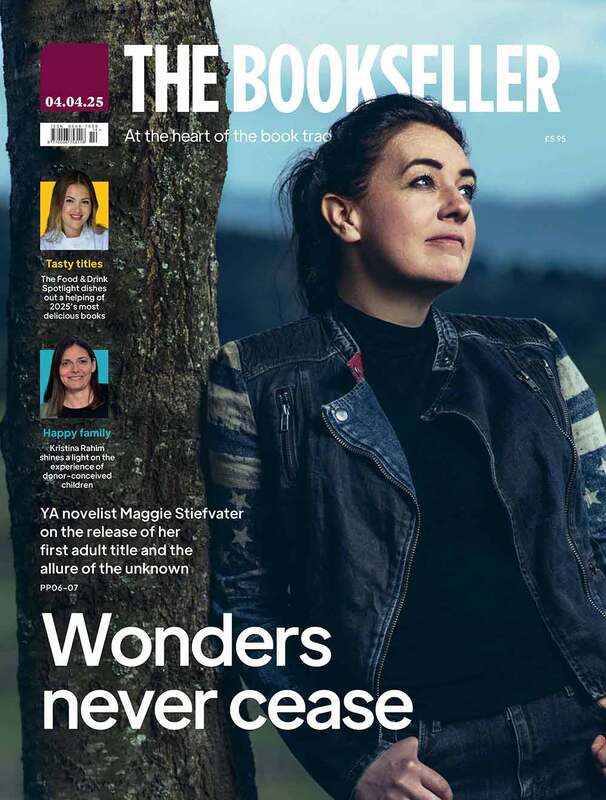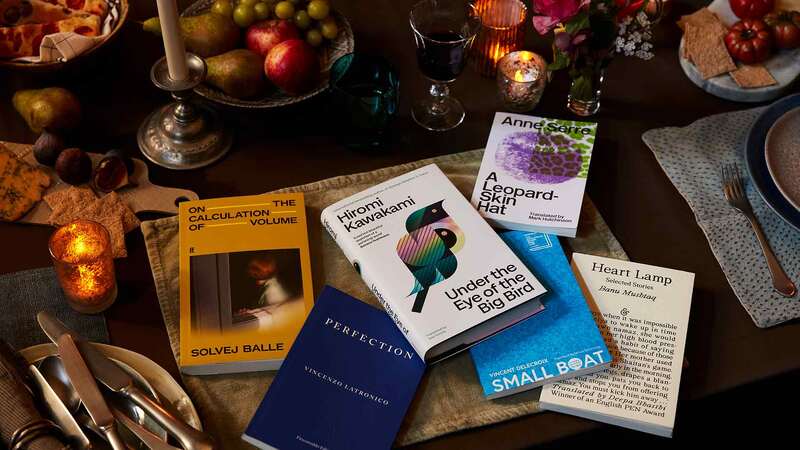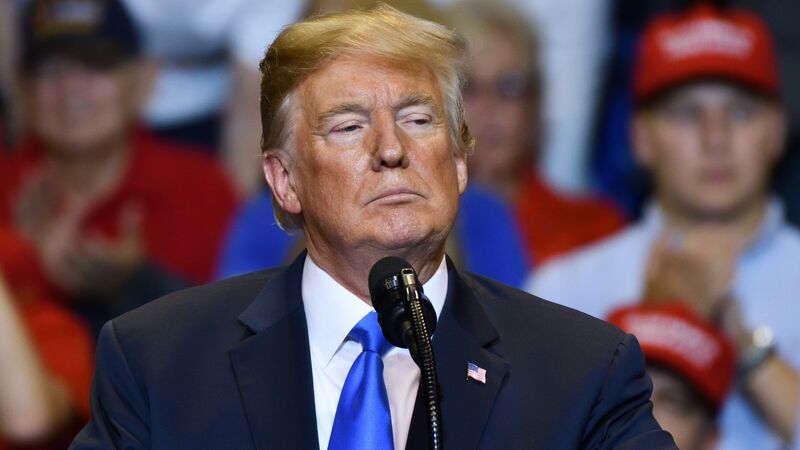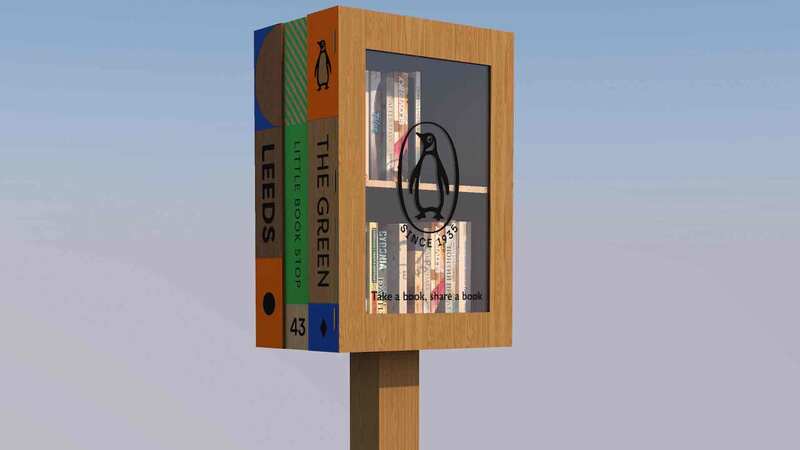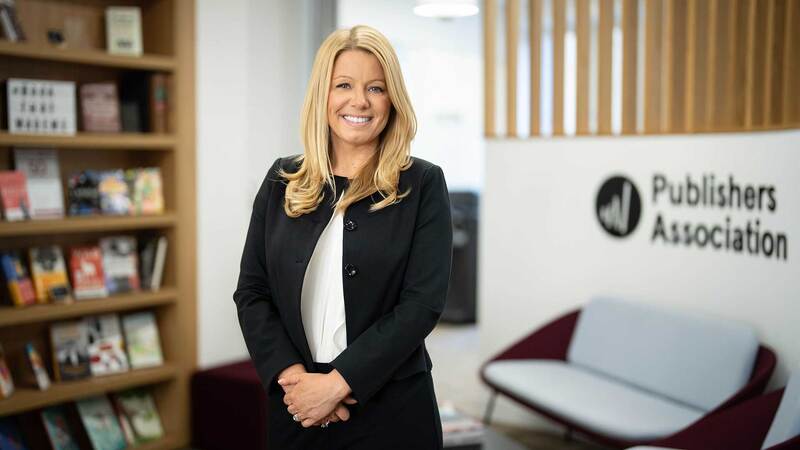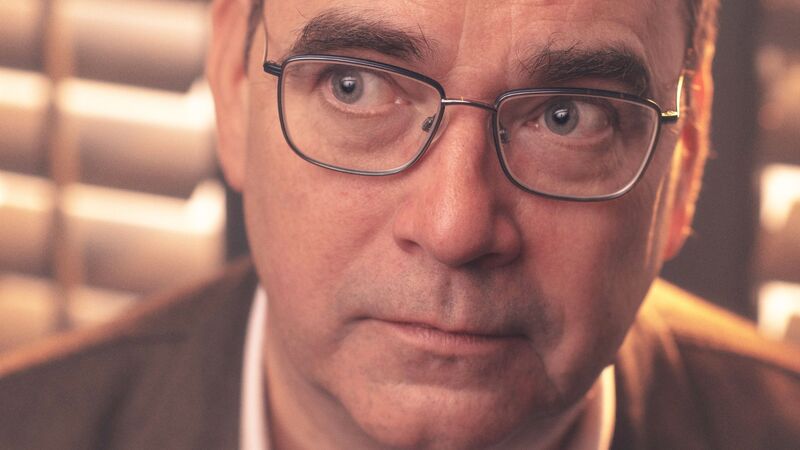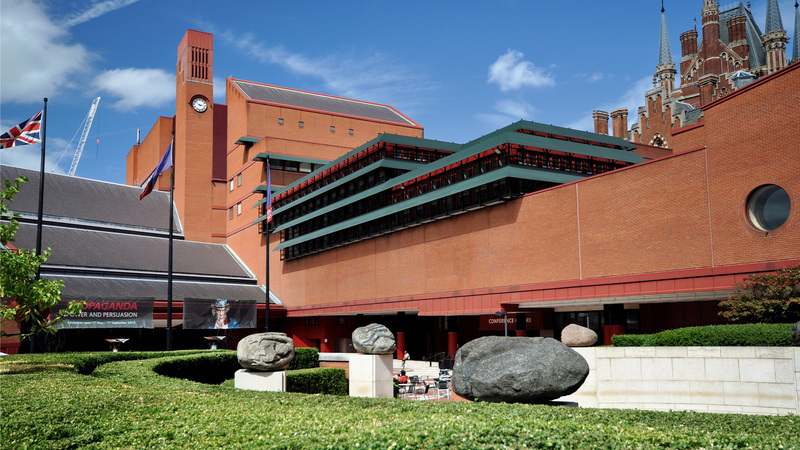You are viewing your 1 free article this month. Login to read more articles.
Libraries Taskforce needs to act, campaigners say
Campaigners have called for more action and less consultation concerning the threatened public library service following the publication of the Leadership for Libraries Taskforce’s latest progress report.
The Taskforce’s second six-month progress report highlighted the body’s achievements from October 2015 to March 2016, which included producing universal Wi-Fi coverage in public libraries and working with partners for a focused promotion of National Libraries Day. The report also stated that the next steps for the Taskforce include meeting with government and local authorities to "highlight the value of libraries and how they support their communities" and working to publish a final Ambition document.
Kathy Settle, the Taskforce's c.e.o, said in a blog post: "This is really important for me as it shows that the Taskforce delivers on its promises – if we commit to doing something, we do it!"
The group also intends to exploit the new wi-fi access by improving digital engagement in communities by working with the Society of Chief Librarians (SCL).
However, campaigners have argued that these plans are not proactive enough.
Veteran library campaigner Desmond Clarke told The Bookseller that he was “very sad” to have not seen much "leadership and action" from the Taskforce. He said: “I honestly struggle to think what the Taskforce has achieved of real significance other than to initiate yet another consultation exercise. There is still no sign of a proper plan to build a user centric service that reverses the marked decline in usage and borrowing and addresses the structural, technological and resource management issues. Meanwhile councils struggle to maintain a service by reducing opening hours, by slashing resources and by persuading volunteers to take over libraries to avoid closures.”
Chair of the Taskforce, Paul Blantern said last year, that the body will have failed if it does not deliver the changes recommended in the Sieghart Report within 18 months. The report, written by William Sieghart, urged the government to fund digital resources for libraries, including free wi-fi as standard, as well as workforce training, a new system of bringing graduates into the service, and a national network which would include national library cards.
Clarke added: “It is sixteen months since the publication of the Sieghart Report which said that public libraries urgently needed action to re-invigorate the service. I am not sure that the Taskforce actually knows what to do. It needs a small decisive group of people who know what to do and how to do it quickly.”
Laura Swaffield, chair of The Library Campaign, believes that the Taskforce is “doing quite a lot” but is “getting a lot of criticism too”.
She told The Bookseller: “The Taskforce suffers from its refusal to include representatives of library users and campaigners on its steering group. This means it will always lack a certain credibility, and a certain perspective. People on the frontline are fighting disastrous cuts in real time. Many were hoping the Taskforce would somehow be the cavalry coming to the rescue, and of course that isn't really happening.”
She added: “It also suffers from being funded, and indeed housed, by the DCMS. It blandly accepts major cuts as the future. It can be mealy-mouthed. For example, its guidance on volunteer libraries calls them 'community libraries' and lists the killer problems of staffing, finance and sheer survival as 'considerations' with little quantification."
Last month, the Taskforce published a draft Ambition document which intended to “set out a vision of the value and impact of public libraries", a network which it says “delivers transformation and progress for people, communities and the nation.” However, at the time of publication campaigners did not believe it went far enough regarding funding proposals. The Taskforce has opened a consultation on this document which will close on 3rd June 2016.
Swaffield said: “We urge everyone to comment on the Ambitions document. The Taskforce needs a strong mandate to back up a stronger approach. I'm sure it will be receptive.”
Former Waterstones’ boss Tim Coates said: “The 'Ambition' document has no ambition at all and we appear to be embarking on yet another round of subcommittees and unpaid secondees waffling into oblivion."
He added: “The Taskforce already appears to have moved into a parallel universe. Last year's library figures showed really serious fall in use particularly in large cities and, for the first time in fifteen years, a marked decline in children's book lending.
“There is no mention of any of this nor of the simple timetable wherein local councils now embark on the next budget round in which many of them can only see that they have to continue hollowing out and closing libraries.”
However, a spokesperson for the SCL has argued that the Libraries Taskforce has achieved an "impressive amount" over the past six months, "not least securing funding to continue working until 2020".
"SCL, as a member of the Taskforce, is delighted that the Universal Offers have been recognised as significant mobilisers of library innovation, creativity and partnerships with outside organisations," the spoksperson said. "None of this would be possible without the continued dedication of library staff across the country who run and manage excellent library services that make a difference for communities. We look forward to continuing to work with the Taskforce to achieve our shared goals and reduce the challenges that libraries face. Ambition for Public Libraries will be an important part of this work."


